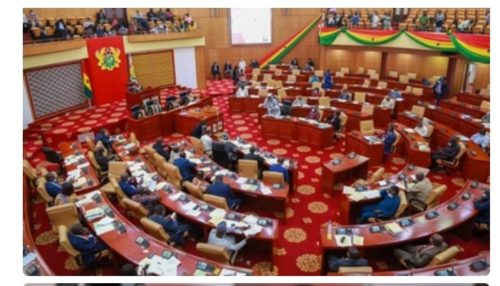Politics
NDC Secures Dominance in Ghana’s Parliamentary Elections with 188 Seats
-

 Entertainment2 years ago
Entertainment2 years agoDon Little’s Real name, Biography, Age and his Tribe.
-
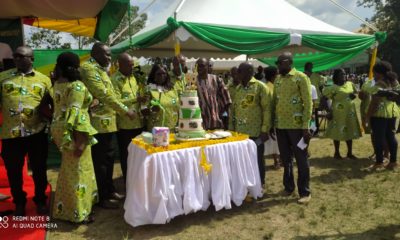
 News2 years ago
News2 years ago80years of good in Academics and Excellence, Effisco
-
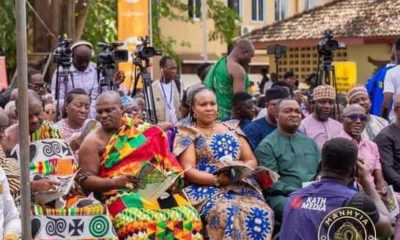
 News2 years ago
News2 years agoNsuta Kwamang Beposo MP Donates GH¢30,000 To Support KATH Renovation Project
-

 News1 year ago
News1 year agoThe “Know Your Country” Tourism Campaign
-
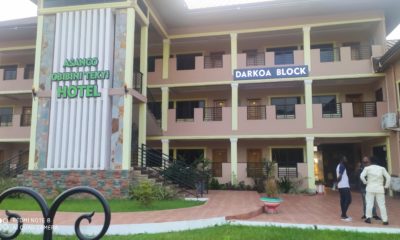
 News2 years ago
News2 years ago5 Star World Class Asanco Obibini Tekyi Hotel Commission.
-
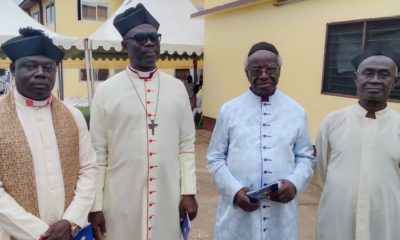
 News1 year ago
News1 year agoChurch Leader Urges Peaceful Elections, and Responsible Citizenship
-

 Uncategorized2 years ago
Uncategorized2 years agoJOB ANNOUNCEMENT AT UNIVERSITY OF MEDIA, ARTS AND COMMUNICATION (UNIMAC)
-
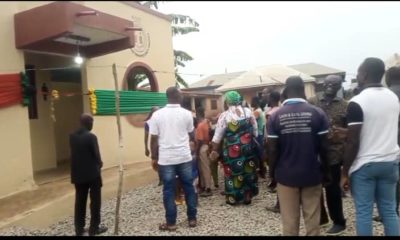
 Politics2 years ago
Politics2 years agoA/R: Nsuta Kwamang Beposo MP Commissioned Public Toilet, Boreholes For Nsuta community.

